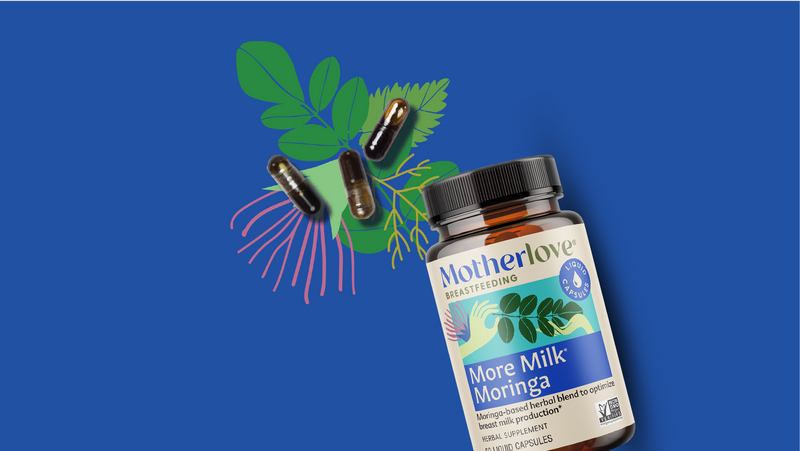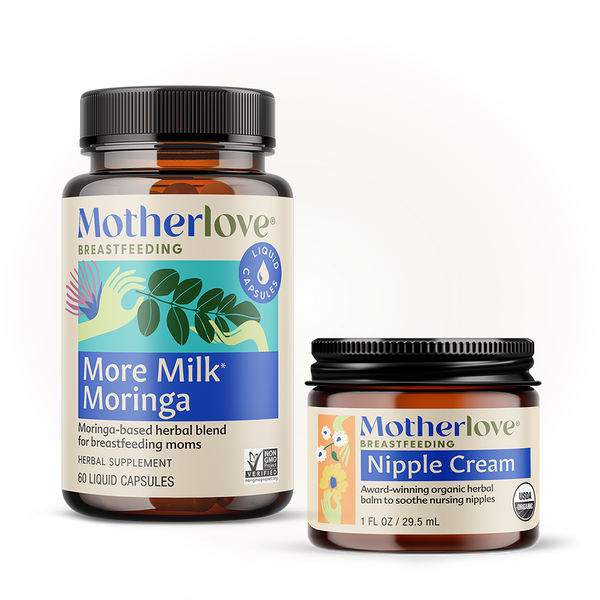When preparing for baby, there can be a lot of planning going on - the nursery, the hospital bag, the diaper bag essentials and often, mothers who are choosing to breastfeed, want to prepare for that as well. This leads us to one of our most commonly asked questions, “when should I start taking one of your lactation products if I have a low milk supply?”
WHEN SHOULD I START TAKING A LACTATION SUPPLEMENT?
It is a common misconception that a nursing or pumping mother should start a lactation supplement directly after she gives birth, even if her milk has yet to come in. Typically, in the first days of breastfeeding, baby is only consuming colostrum, the nutrient dense and antibody packed early milk, and the mother's mature milk has yet to be established. Therefore, there is no sure way of knowing if you will experience a true low milk supply.
After birth, mothers are often concerned that they are not producing enough to satisfy their babies. However, babies have tiny tummies and can only take in what their stomachs can hold. Below, you will see a chart from KellyMom, that shows just how much colostrum your baby is taking in during those early days. We often tell moms that the size of a baby's fist is about the amount of liquid that their stomach can hold.
AVERAGE INTAKE OF COLOSTRUM / MILK
We typically recommend that moms wait to begin taking our breastfeeding supplements until around 5 days after they deliver their baby. Mature milk production normally begins around 30 to 40 hours after the placenta has been delivered and we suggest that women allow their bodies the opportunity of producing milk without the assistance of a lactation supplement. If, after 5 days your milk still has not come in, consulting with a Lactation Consultant and using one of Motherlove's breastfeeding supplements might be in order. If you know that you have experienced a true low milk supply with another breastfeeding baby and are concerned that you will have milk supply issues again, it can be beneficial to speak with a Lactation Consultant or health care provider prior to delivery and establish a breastfeeding plan.
As always, if you are experiencing any difficulties with breastfeeding, IBCLCs (Lactation Consultants), can be a great resource and we strongly encourage working with one.
Not sure which supplement is right for you? Check out our Supplement Guide.





